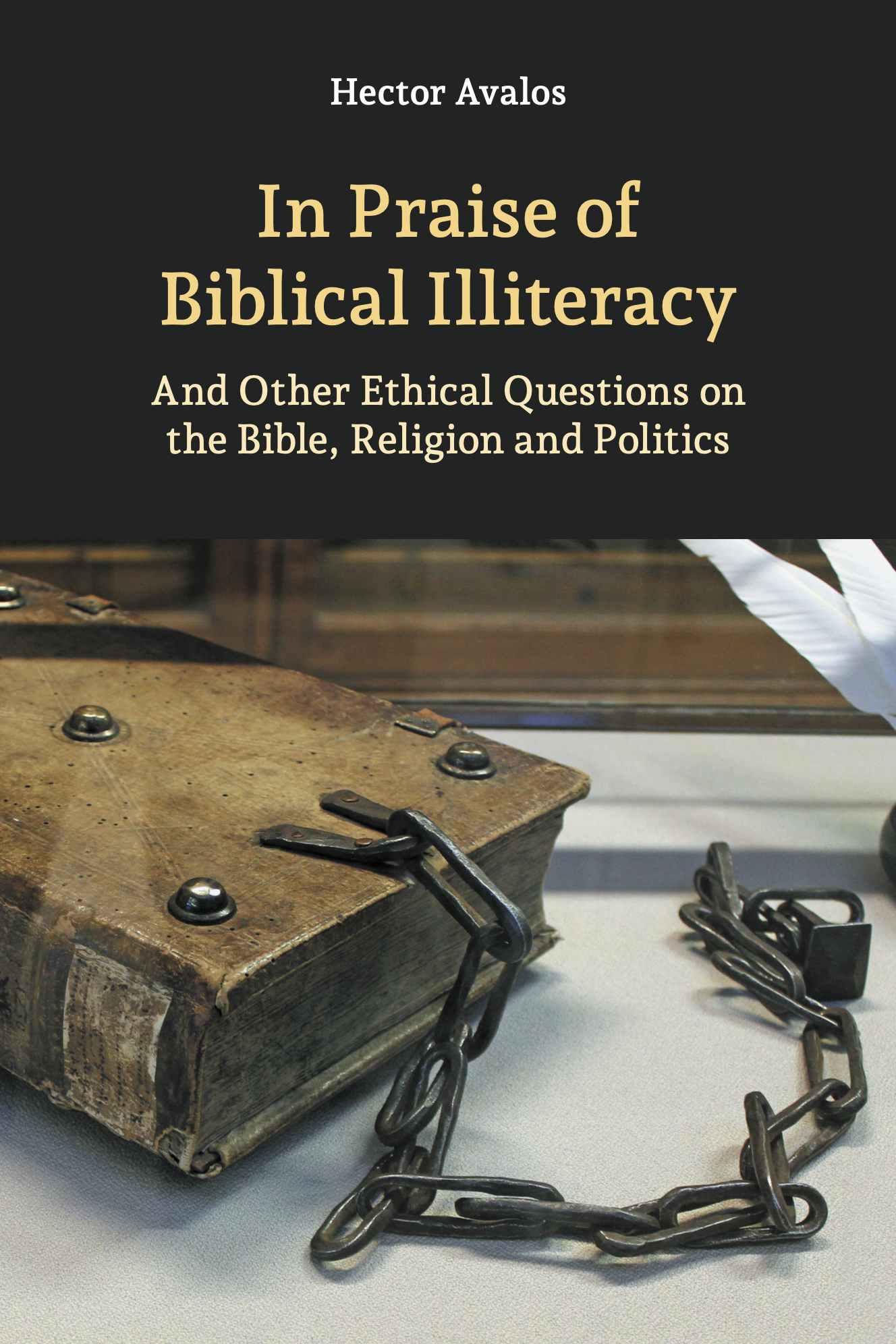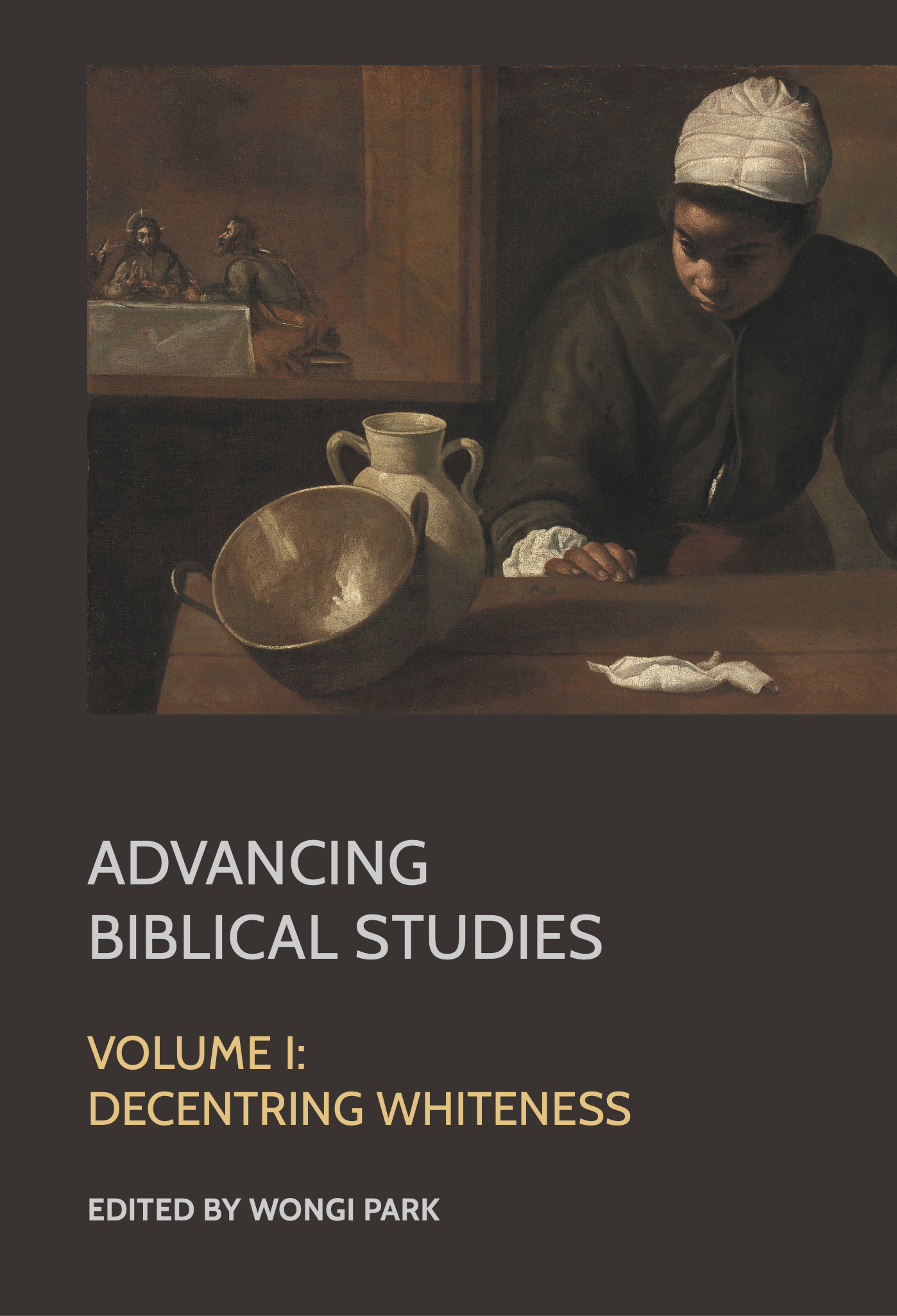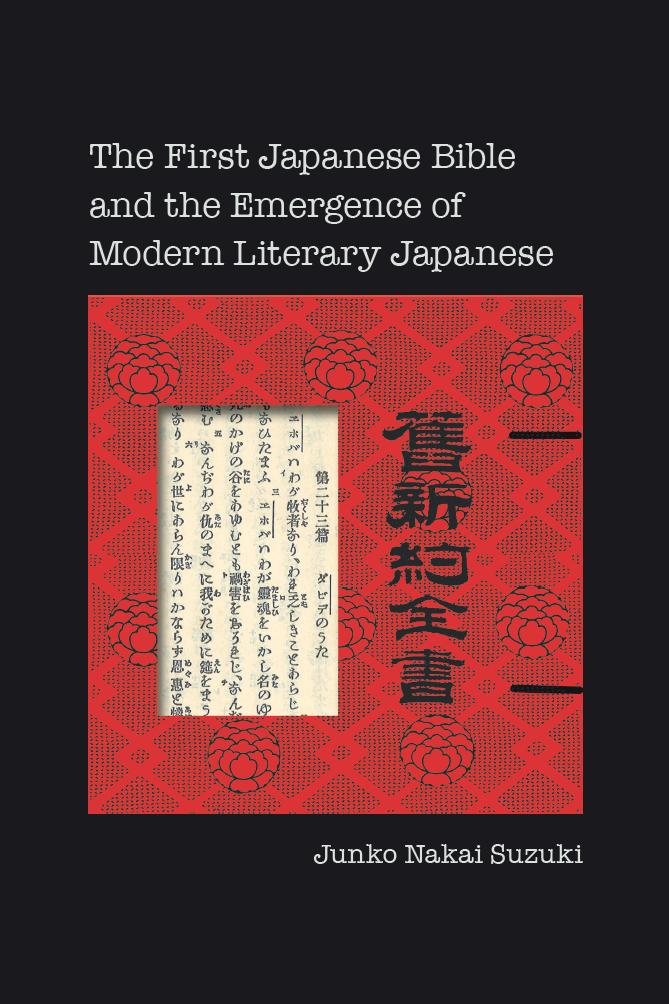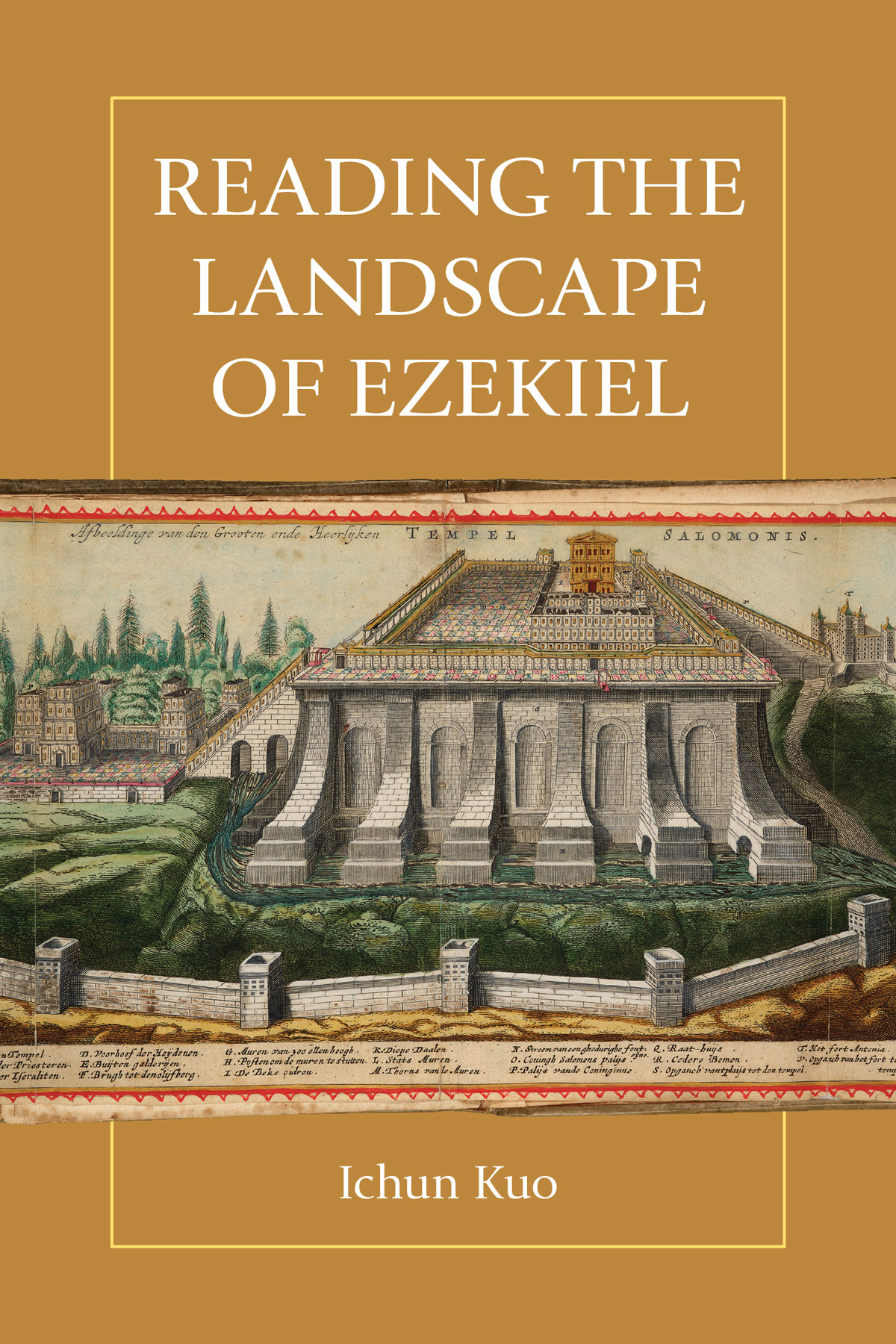In Praise of Biblical Illiteracy and Other Ethical Questions on the Bible, Religion and Politics
Published: Mar 2026
£110.00
In Praise of Biblical Illiteracy brings together the bold, provocative, and deeply reasoned writings of the late Dr. Hector Avalos, longtime professor of Religious Studies at Iowa State University. A biblical scholar, a publicly engaged atheist, and a beloved teacher, Avalos devoted his career to asking questions that others too often avoided—about the authority of the Bible, the uses and misuses of religion in public life, and the ethical costs of unexamined faith.
From the first chapter—which lends its name to this volume—and across decades of essays, articles, and public commentary, Avalos challenges both scholars and lay readers to think critically about the role biblical texts play in shaping culture and politics. With both clarity and wit, he dismantles claims of biblical exceptionalism, exposes the dangers of Christian nationalism, and highlights the ways religion has often worked to marginalize or disenfranchise vulnerable communities.
Yet Avalos’s writing is not merely critical—it is constructive. He insists that honest engagement with the Bible and with religious traditions can create the space to consider more just and humane ways of living together. In his writings, he also offers opportunities to reflect upon a most important question: namely, as to whether ancient texts should guide twenty-first-century ethics and policy in a Constitutional republic.
This collection shows Avalos as a scholar both fearless in his critique and generous in his teaching. It includes articles written for the University of Arizona’s ‘Bible & Interpretation’, as well as op-eds that appeared in The Des Moines Register and The Ames Tribune among others. Whether confronting the political weaponization of scripture, questioning the moral claims of religious institutions, or urging readers to embrace secular humanist values, Avalos’s work remains urgent and illuminating.This volume is a testament to the enduring relevance of Avalos’s thought—and a challenge to all who care about the intersection of faith, reason, and the public good.
The volume was collated and edited by former students Richard McCarty, Adam Meseke and Janine Putnam.
In Praise of Biblical Illiteracy and Other Ethical Questions on the Bible, Religion and Politics
£110.00
In Praise of Biblical Illiteracy brings together the bold, provocative, and deeply reasoned writings of the late Dr. Hector Avalos, longtime professor of Religious Studies at Iowa State University. A biblical scholar, a publicly engaged atheist, and a beloved teacher, Avalos devoted his career to asking questions that others too often avoided—about the authority of the Bible, the uses and misuses of religion in public life, and the ethical costs of unexamined faith.
From the first chapter—which lends its name to this volume—and across decades of essays, articles, and public commentary, Avalos challenges both scholars and lay readers to think critically about the role biblical texts play in shaping culture and politics. With both clarity and wit, he dismantles claims of biblical exceptionalism, exposes the dangers of Christian nationalism, and highlights the ways religion has often worked to marginalize or disenfranchise vulnerable communities.
Yet Avalos’s writing is not merely critical—it is constructive. He insists that honest engagement with the Bible and with religious traditions can create the space to consider more just and humane ways of living together. In his writings, he also offers opportunities to reflect upon a most important question: namely, as to whether ancient texts should guide twenty-first-century ethics and policy in a Constitutional republic.
This collection shows Avalos as a scholar both fearless in his critique and generous in his teaching. It includes articles written for the University of Arizona’s ‘Bible & Interpretation’, as well as op-eds that appeared in The Des Moines Register and The Ames Tribune among others. Whether confronting the political weaponization of scripture, questioning the moral claims of religious institutions, or urging readers to embrace secular humanist values, Avalos’s work remains urgent and illuminating.This volume is a testament to the enduring relevance of Avalos’s thought—and a challenge to all who care about the intersection of faith, reason, and the public good.
The volume was collated and edited by former students Richard McCarty, Adam Meseke and Janine Putnam.

The Concise Dictionary of Classical Hebrew Revised
Published: Feb 2026
Price range: £38.00 through £90.00
This Dictionary (CDCHR) is a revision of the Concise Dictionary of Classical Hebrew (CDCH), with the purpose of including the new words and many of the new features found in the Dictionary of Classical Hebrew Revised (DCHR) as compared with the original Dictionary of Classical Hebrew (DCH). When the first volume of DCH appeared in 1993, it was the first dictionary of the Classical Hebrew language ever to be published.
Unlike other dictionaries of ancient Hebrew, which only cover texts of the Hebrew Bible, either exclusively or principally, DCH records the language of all texts written in Hebrew. It includes not only Biblical Hebrew but also all Classical Hebrew (pre-200 CE), i.e. Ben Sira, Dead Sea Scrolls, and inscriptions.The CDCHR contains more than 6,420 Hebrew words not in BDB, and refers to many newly published texts, including 540 Dead Sea Scrolls and 4,000 ancient Hebrew inscriptions, making it the most thorough Hebrew dictionary ever produced. All the words from DCHR are to be found in the CDCHR.
The CDCH has been designed to be clear, concise and easy to use. The Hebrew words are arranged in alphabetical order, so it is not necessary to know the ‘root’ of a word to look it up in the Dictionary. All the Hebrew words and phrases quoted are accompanied by an English translation. At the end of each entry on verbs is a list of the nouns derived from that verb; and at the end of each entry on nouns a reference to the verb from which it is derived (when known). For every word the numbers of its occurrences in the four main corpora of classical Hebrew (the Bible, the Dead Sea Scrolls, Ben Sira, and the ancient inscriptions) are noted. All the proper names in classical Hebrew texts are included, with their correct spellings in English.
Previous dictionaries have generally been revisions and adaptations of earlier dictionaries; DCH, DCHR, The Shorter Dictionary of Classical Hebrew and this volume result from a completely fresh re-examination of the texts and an independent analysis of the meanings of Hebrew words. Rich in examples and citations, this edition will be of immense value to students at all levels, as well as to working scholars who will not always be in a position to refer to the complete DCHR.

The Concise Dictionary of Classical Hebrew Revised
Price range: £38.00 through £90.00
This Dictionary (CDCHR) is a revision of the Concise Dictionary of Classical Hebrew (CDCH), with the purpose of including the new words and many of the new features found in the Dictionary of Classical Hebrew Revised (DCHR) as compared with the original Dictionary of Classical Hebrew (DCH). When the first volume of DCH appeared in 1993, it was the first dictionary of the Classical Hebrew language ever to be published.
Unlike other dictionaries of ancient Hebrew, which only cover texts of the Hebrew Bible, either exclusively or principally, DCH records the language of all texts written in Hebrew. It includes not only Biblical Hebrew but also all Classical Hebrew (pre-200 CE), i.e. Ben Sira, Dead Sea Scrolls, and inscriptions.The CDCHR contains more than 6,420 Hebrew words not in BDB, and refers to many newly published texts, including 540 Dead Sea Scrolls and 4,000 ancient Hebrew inscriptions, making it the most thorough Hebrew dictionary ever produced. All the words from DCHR are to be found in the CDCHR.
The CDCH has been designed to be clear, concise and easy to use. The Hebrew words are arranged in alphabetical order, so it is not necessary to know the ‘root’ of a word to look it up in the Dictionary. All the Hebrew words and phrases quoted are accompanied by an English translation. At the end of each entry on verbs is a list of the nouns derived from that verb; and at the end of each entry on nouns a reference to the verb from which it is derived (when known). For every word the numbers of its occurrences in the four main corpora of classical Hebrew (the Bible, the Dead Sea Scrolls, Ben Sira, and the ancient inscriptions) are noted. All the proper names in classical Hebrew texts are included, with their correct spellings in English.
Previous dictionaries have generally been revisions and adaptations of earlier dictionaries; DCH, DCHR, The Shorter Dictionary of Classical Hebrew and this volume result from a completely fresh re-examination of the texts and an independent analysis of the meanings of Hebrew words. Rich in examples and citations, this edition will be of immense value to students at all levels, as well as to working scholars who will not always be in a position to refer to the complete DCHR.
Advancing Biblical Studies: I. Decentring Whiteness
Published: Feb 2026
£78.00
The singular aim of this two-volume series is to advance biblical studies. Both volumes arise from a project initiated by the editor, Wongi Park, who asked invited contributors how to cultivate and sustain mutual dialogue, collaboration, and engagement across racial/ethnic, generational, and geographical boundaries?
The virtual convenings, held during the pandemic emergencies of 2020, led to a public-facing virtual symposium in 2022 where three critical tasks were undertaken:
- Decentre the monoracial history and methods of the field;
- Model a less traditional and hierarchical approach to biblical studies through dialogue and collaboration;
- Foreground a multiplicity of voices, perspectives, and starting points to diversify biblical studies.
Volume 1 pursues these aims of diagnosing the monoracial Eurocentrism of biblical studies by:
- Examining the problem of whiteness in the Eurocentric origins of the field;
- Reframing traditional methods, tools, and institutions of biblical studies;
- Tracing how whiteness is reproduced in texts, representations, and colonial legacies in biblical reception history.
A distinctive feature of this project is the radical act of gathering a multiracial coalition of Africana, Asian, Euro American, European, Indigenous, Islander, and Latinx scholars that models an alternative approach to biblical studies.
Volume 1 includes contributions in the following order: Wongi Park; Shawn Kelley; Susannah Heschel; M. Adrayael Tong; Luis Menéndez-Antuña; Hulisani Ramantswana; Joel Baden; Lisa J. Cleath; Halvor Moxnes; Ekaputra Tupamahu; Gerrie F. Snyman; Ludwig Beethoven J. Noya; Justin Michael Reed; Kenneth Ngwa; Greg Carey; Stephen D. Moore; Amy Lindeman Allen; Hannah M. Strømmen; Francisco Lozada Jr.
Advancing Biblical Studies: I. Decentring Whiteness
£78.00
The singular aim of this two-volume series is to advance biblical studies. Both volumes arise from a project initiated by the editor, Wongi Park, who asked invited contributors how to cultivate and sustain mutual dialogue, collaboration, and engagement across racial/ethnic, generational, and geographical boundaries?
The virtual convenings, held during the pandemic emergencies of 2020, led to a public-facing virtual symposium in 2022 where three critical tasks were undertaken:
- Decentre the monoracial history and methods of the field;
- Model a less traditional and hierarchical approach to biblical studies through dialogue and collaboration;
- Foreground a multiplicity of voices, perspectives, and starting points to diversify biblical studies.
Volume 1 pursues these aims of diagnosing the monoracial Eurocentrism of biblical studies by:
- Examining the problem of whiteness in the Eurocentric origins of the field;
- Reframing traditional methods, tools, and institutions of biblical studies;
- Tracing how whiteness is reproduced in texts, representations, and colonial legacies in biblical reception history.
A distinctive feature of this project is the radical act of gathering a multiracial coalition of Africana, Asian, Euro American, European, Indigenous, Islander, and Latinx scholars that models an alternative approach to biblical studies.
Volume 1 includes contributions in the following order: Wongi Park; Shawn Kelley; Susannah Heschel; M. Adrayael Tong; Luis Menéndez-Antuña; Hulisani Ramantswana; Joel Baden; Lisa J. Cleath; Halvor Moxnes; Ekaputra Tupamahu; Gerrie F. Snyman; Ludwig Beethoven J. Noya; Justin Michael Reed; Kenneth Ngwa; Greg Carey; Stephen D. Moore; Amy Lindeman Allen; Hannah M. Strømmen; Francisco Lozada Jr.
The First Japanese Bible, and its Role in the Emergence of Modern Literary Japanese
Published: Sep 2025
£85.00
This ground-breaking book depicts the life, times and works of the Bible translators of nineteenth-century Japan and the prominent role they played in helping to shape modern Japan.
The translation of the Bible into Japanese occurred at a time of great cultural turmoil, when Japan was grappling with industrial and technological modernization in the shift from a feudal agrarian society after 260 years of isolation. In this turmoil, the cultural question of literary style was deemed of great importance. Because of the dichotomy between those who read Chinese (in a Japanese way) and those who did not, the need for reform and simplification was considered an essential aspect of the modernization of Japanese society. The Japanese Bible emerged as a prime example of such a style.
Suzuki’s study traces the development of the primary versions that culminated in the production of the first complete Japanese Bible, the Meiji Version of 1887. The translation of the Psalms, in particular, gained wide acclaim, even being said to be as incomparable as Mt Fuji. The literary quality of the Hebrew Bible was conveyed by the integration of a pure Japanese elegance, Chinese gravitas and freshness of Western and even some Hebrew elements of style.
For the first time, this volume gives due weight to three factors: appreciation of the Chinese Bible by the Japanese Bible translation, its fidelity to the primary Hebrew and Greek source texts, and its adoption of a pure Japanese style as the foundation.
The First Japanese Bible, and its Role in the Emergence of Modern Literary Japanese
£85.00
This ground-breaking book depicts the life, times and works of the Bible translators of nineteenth-century Japan and the prominent role they played in helping to shape modern Japan.
The translation of the Bible into Japanese occurred at a time of great cultural turmoil, when Japan was grappling with industrial and technological modernization in the shift from a feudal agrarian society after 260 years of isolation. In this turmoil, the cultural question of literary style was deemed of great importance. Because of the dichotomy between those who read Chinese (in a Japanese way) and those who did not, the need for reform and simplification was considered an essential aspect of the modernization of Japanese society. The Japanese Bible emerged as a prime example of such a style.
Suzuki’s study traces the development of the primary versions that culminated in the production of the first complete Japanese Bible, the Meiji Version of 1887. The translation of the Psalms, in particular, gained wide acclaim, even being said to be as incomparable as Mt Fuji. The literary quality of the Hebrew Bible was conveyed by the integration of a pure Japanese elegance, Chinese gravitas and freshness of Western and even some Hebrew elements of style.
For the first time, this volume gives due weight to three factors: appreciation of the Chinese Bible by the Japanese Bible translation, its fidelity to the primary Hebrew and Greek source texts, and its adoption of a pure Japanese style as the foundation.
Reading the Landscape of Ezekiel 40-48: A Theology of Resilience
Published: Sep 2025
£75.00
When the landscape architect IChun Kuo opens up an ancient plan written in the book of Ezekiel, she encounters a planner who is called “son of man”, who was instructed to a vision. Bewildered by this unworldly yet grounded visioned plan, Kuo seeks help from Assyrian King Sennacherib who constructed gardens, Jerome who was puzzled by the labyrinth, Newton who was obsessed with the measurement. She asks biblical scholars, archaeologists, architects and planners, until she finds the patterns.
Reading the Landscape of Ezekiel is a journey of decoding a mesmerizing ancient landscape, which reflects history of social and ecological catastrophes, survival and renovation, and the mechanisms of God’s design. Kuo argues that Ezekiel 40–48 can be understood as an ancient resilient landscape plan that encompasses rigidity and ductility, resistance and recovery.
Given the ancient hazards described in Ezekiel (sword, famine, evil creatures, and pestilence), the mechanism of landscape resilience in Ezekiel 40–48 is similar to modern time ecosystem resilience, as well as disaster risk reduction, and epidemiology/public health of war and defence policy. An understanding of the ancient planning in Ezekiel 40–48 may shed light on our reading of the biblical text, our way of viewing the depicted visions, as well as the implications of our planning of the environment.
Reading the Landscape of Ezekiel 40-48: A Theology of Resilience
£75.00
When the landscape architect IChun Kuo opens up an ancient plan written in the book of Ezekiel, she encounters a planner who is called “son of man”, who was instructed to a vision. Bewildered by this unworldly yet grounded visioned plan, Kuo seeks help from Assyrian King Sennacherib who constructed gardens, Jerome who was puzzled by the labyrinth, Newton who was obsessed with the measurement. She asks biblical scholars, archaeologists, architects and planners, until she finds the patterns.
Reading the Landscape of Ezekiel is a journey of decoding a mesmerizing ancient landscape, which reflects history of social and ecological catastrophes, survival and renovation, and the mechanisms of God’s design. Kuo argues that Ezekiel 40–48 can be understood as an ancient resilient landscape plan that encompasses rigidity and ductility, resistance and recovery.
Given the ancient hazards described in Ezekiel (sword, famine, evil creatures, and pestilence), the mechanism of landscape resilience in Ezekiel 40–48 is similar to modern time ecosystem resilience, as well as disaster risk reduction, and epidemiology/public health of war and defence policy. An understanding of the ancient planning in Ezekiel 40–48 may shed light on our reading of the biblical text, our way of viewing the depicted visions, as well as the implications of our planning of the environment.




